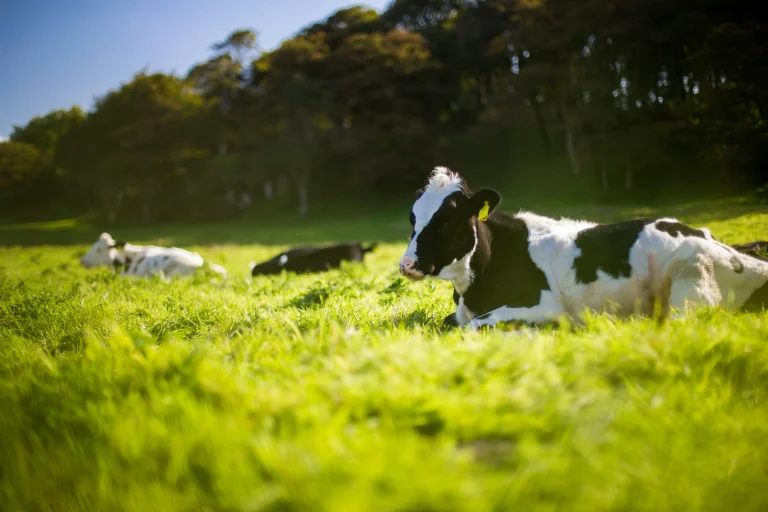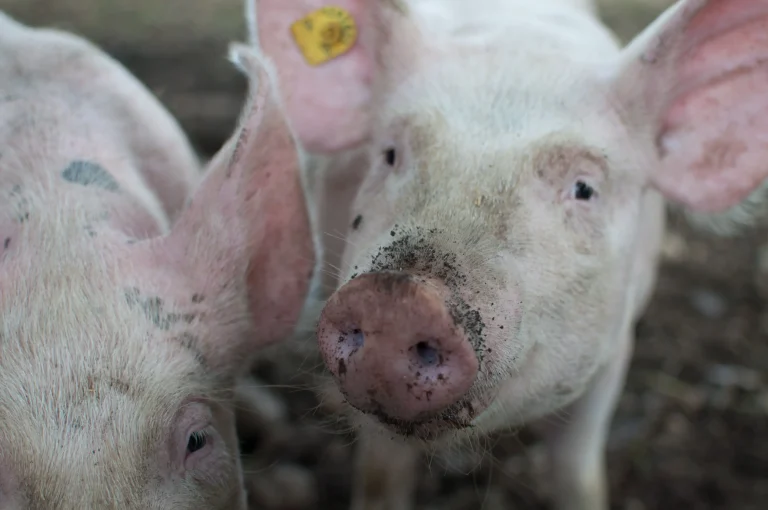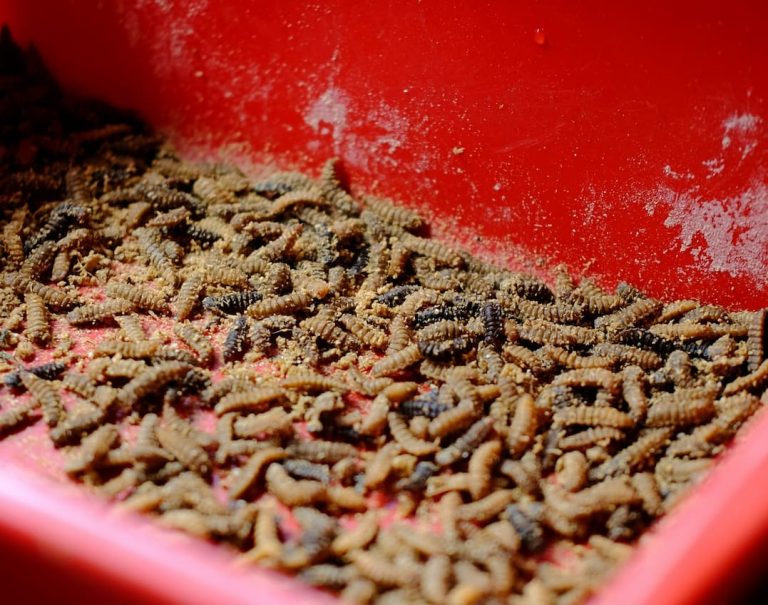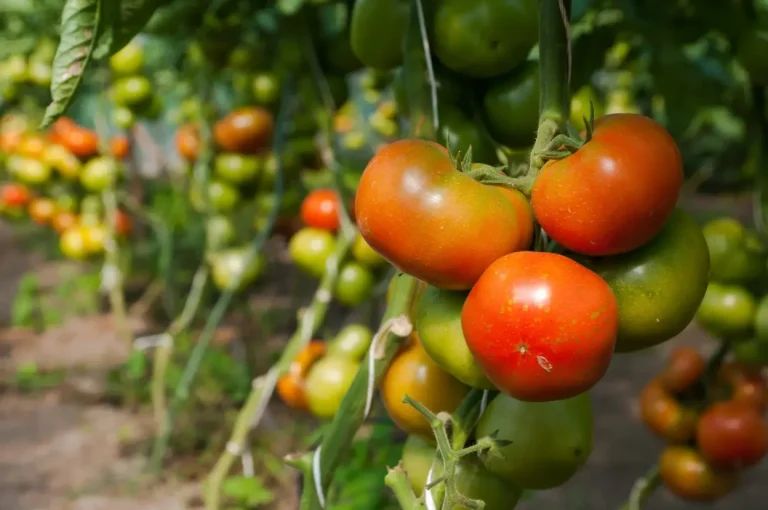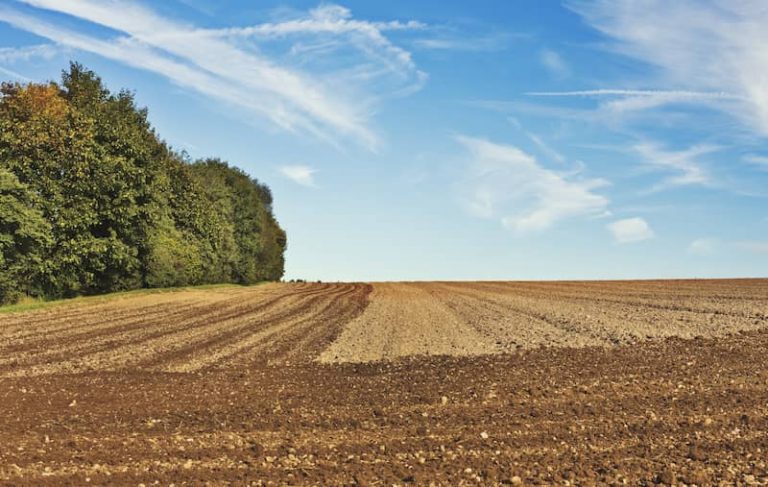Higher education institutions are in a key position to accelerate digital agriculture — but change is needed to seize the moment, say US researchers.
The team from Louisiana State University pointed to the inroads that artificial intelligence, computer vision and the Internet of Things have already made in farming but warned that the current roll-out has risked entrenching economic disparities and creating ethical conundrums.
While higher education is “strategically positioned to address the digital divide” and train the digitalised farm workforce of the future, they wrote in the journal Computers and Electronics in Agriculture, as things stand, there are some flaws in how such institutions are doing things.
Skills gap hampers farm and industry progress
A key part of this is what they describe as a “fragmented reality” for students and technology users, whereby the focus may be on digital technologies but not on critical matters such as data curation and ethics. There is also a often a disconnect between researchers and those who stand to use and benefit from new developments, they said.
Additionally, technology companies may find themselves pushing products to farmers without the support of academics, and vice versa, while there may not be sufficient curricular coordination to give farmers in training the digital skills they need. Underlying all these concerns, there remains a lag in funding to support digital agriculture and the evaluation of new technologies.
Integrating robotics and automation into agri-degrees
The team laid out a series of recommendations to unlock higher education’s potential for students.
These included special statistics classes that create an easier route to functional knowledge of AI tools, more emphasis on coding languages relevant to machine learning, mainstreaming the use of Geographic Information Systems (GIS) and introducing database management skills as early as possible. Students should also be familiarised ethical norms around privacy, transparency, fairness and consent in data handling.
They also emphasised the important role of academic extension and outreach work, coming up with another series of recommendations for academic professionals working in the field.
These included getting familiar with all digital technologies and tools used on farms, promoting data literacy, improving knowledge about infrastructure and connectivity in rural areas, and providing recommendations tailored to local needs, resources and socio-economic contexts. They should also foster collaboration with other players in digital agriculture and underline the importance of evaluating the impact of new digital technologies.
“In most cases, technological innovation precedes and exceeds our efforts as academics, and extension and outreach experts,” the scientists concluded. “However, by staying informed about digital agriculture and working proactively to integrate it into our programs, we can empower our stakeholders and clientele and help shape the new talent needed.”
Key takeaways
- Agriculture 4.0 requires graduates skilled in AI, data analytics, robotics, and sustainable farming principles.
- Current higher‑education curricula often lack practical, tech‑driven content tailored for modern farming.
- University–farm partnerships and real-world training are essential to bridge the skills gap.
- Cross-disciplinary degrees combining agronomy, engineering, and computer science enhance employability.
- To stay competitive, institutions must adapt quickly and align programmes with industry demands.
Want to read more stories like this? Sign up to our newsletter for bi-weekly updates on sustainable farming and agtech innovation.

